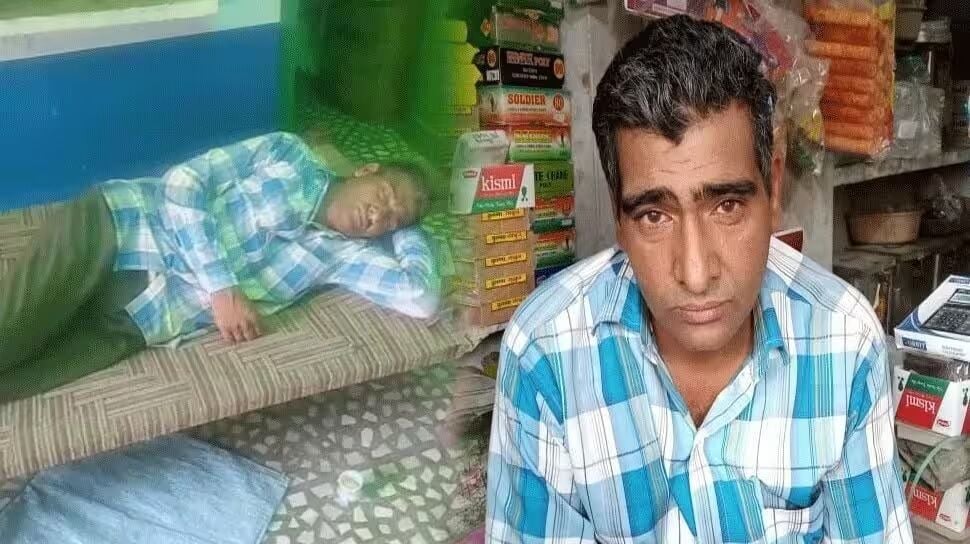Indian man’s rare condition causes him to sleep 300 days a year

The digital sphere buzzed with interest over a curious case reported by the India Times revealing a man suffering from a rare disease that causes him to sleep for approximately 300 days a year. This man, hailing from the Nagaur district in Western India, has been affectionately dubbed by locals as Kumbhakarna, a name referencing a mythical giant from the Ramayana epic, renowned for his long periods of sleep.
This real-life Kumbhakarna is, 42 year old Purkharam, residing in the Bhadwa village. He suffers from a rare condition called Axis Hypersomnia. While most people typically sleep between six to eight hours a day, Purkharam’s sleep can extend to 25 days at a stretch. This unusual condition was diagnosed 23 years ago, and it has since disrupted his life significantly.
With his condition, Purkharam can only operate his shop for about five days a month. Once he dozes off, waking him becomes a challenging task. Initially, Purkharam’s sleep spanned seven to eight days in a row. However, it has gradually worsened over time, reaching 20 to 25 consecutive days of sleep. During these periods, family members have to feed him and bathe him while he remains asleep.
Regrettably, there is no known cure for his abnormal sleep condition. Despite numerous attempts over several years to treat his condition, Purkharam has experienced a host of side effects, including severe headaches, fatigue, and exhaustion. Despite these setbacks, his family remains hopeful that he will one day recover and resume a normal life, reported Sanook.
According to a study published by the National Center for Biotechnology Information (NCBI), hypersomnia affects 4% to 6% of the population, impacting the everyday life of the patient.
Dr Pradeep Mahajan, a regenerative medicine researcher at StemRx Bioscience Solutions Pvt. Ltd., in Mumbai, stated that if you consistently experience this problem, it is advisable to consult a doctor.
“The doctor will monitor your sleeping habits and ask questions such as when you wake up, if you tend to fall asleep during the day, and if you have emotional problems, etc. Subsequently, the expert will recommend blood tests, computed tomography (CT) scans, and a sleep test called polysomnography, which is a comprehensive test used to diagnose sleep disorders.”
Latest Thailand News
Follow The Thaiger on Google News:


























